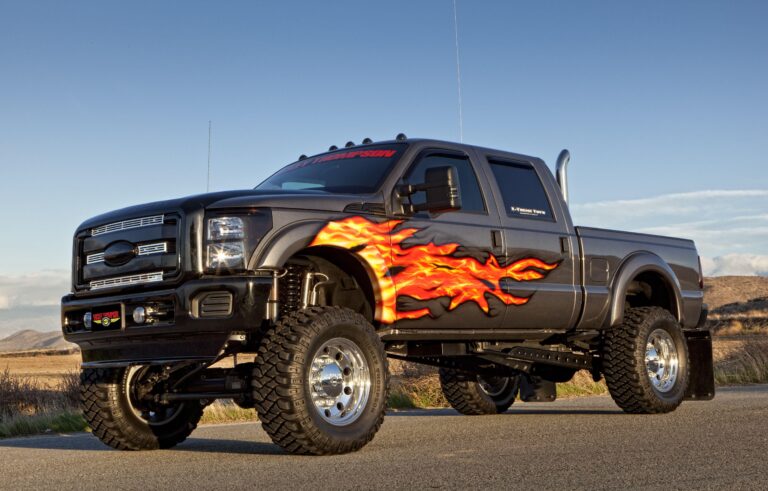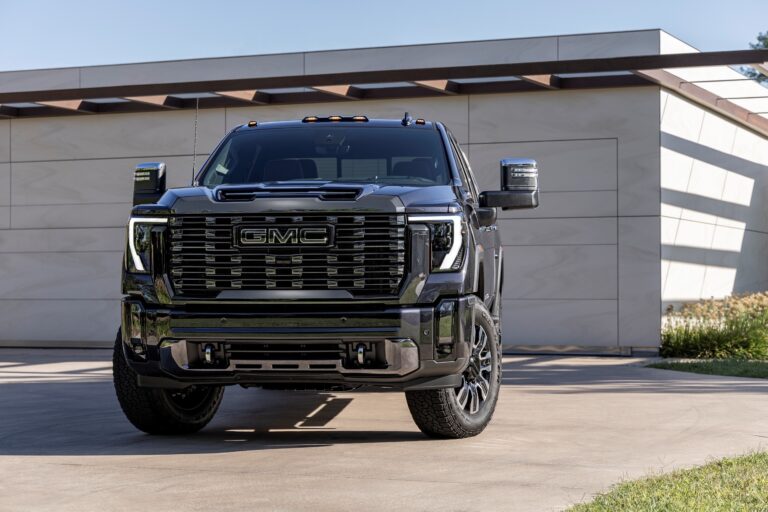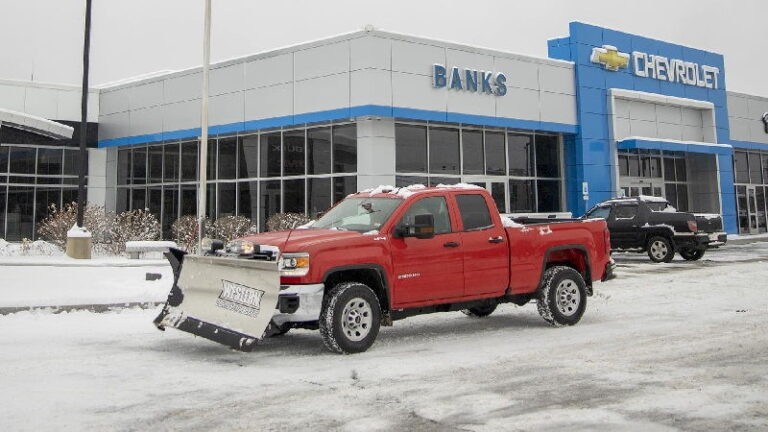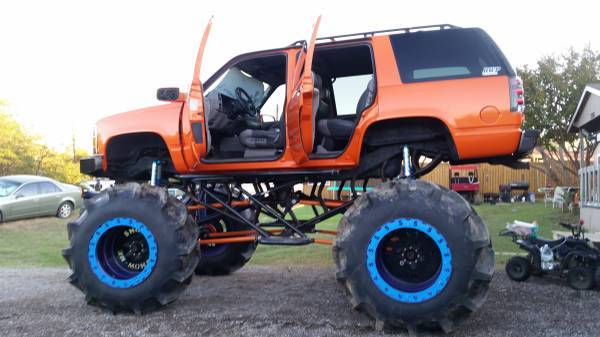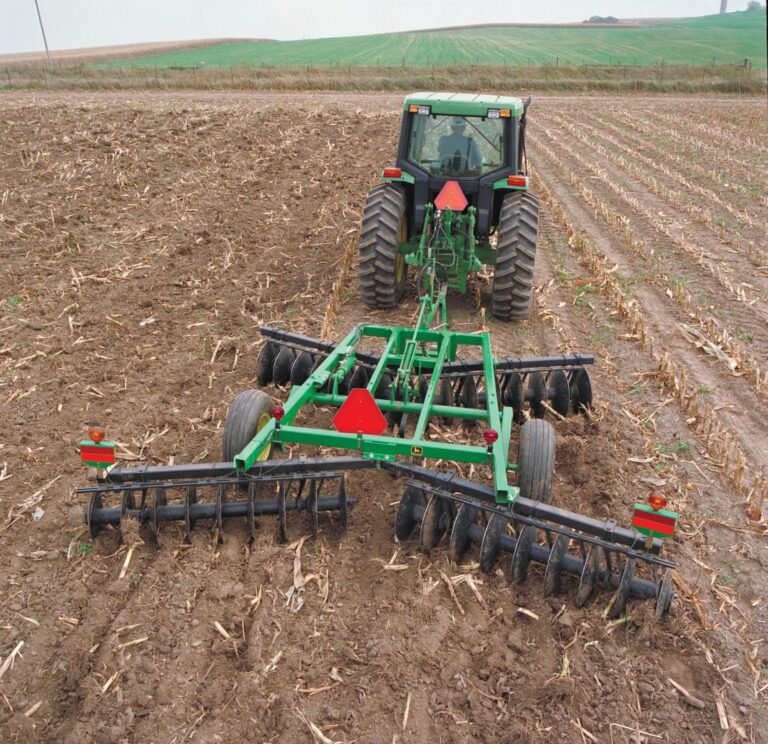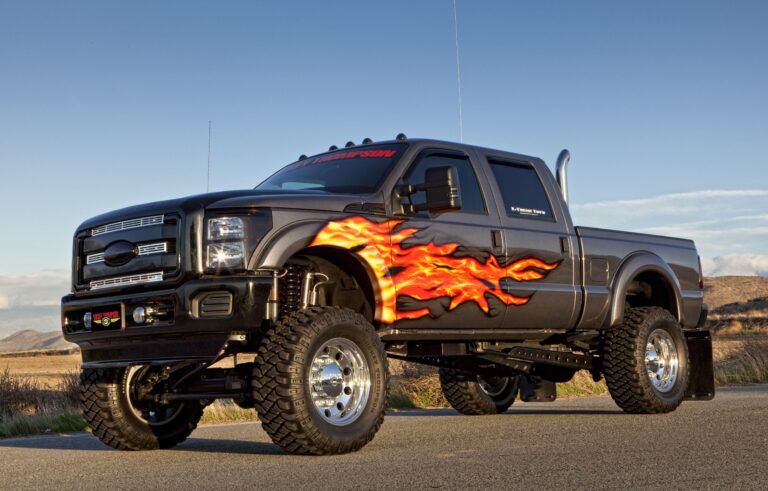Loud Trucks For Sale: A Comprehensive Guide to Finding Your Roaring Ride
Loud Trucks For Sale: A Comprehensive Guide to Finding Your Roaring Ride cars.truckstrend.com
The deep rumble that vibrates through the pavement, the guttural roar that announces an arrival, the distinctive whine of a turbo spooling up – these are the hallmarks of a "loud truck." More than just a means of transportation, a loud truck is a statement, a passion, and for many, a lifestyle. It’s an auditory expression of power, performance, and individuality. But what exactly defines a loud truck, and what should you consider when diving into the market for one?
This comprehensive guide will navigate the exciting, yet often complex, world of loud trucks for sale. We’ll delve into what makes these vehicles tick, why they captivate so many enthusiasts, and crucially, how to make an informed purchase that aligns with your desires and responsibilities. Whether you’re a seasoned gearhead or a curious newcomer, understanding the nuances of these formidable machines is key to finding your perfect roaring ride.
Loud Trucks For Sale: A Comprehensive Guide to Finding Your Roaring Ride
What Defines a "Loud Truck"? The Symphony of Power
When we talk about "loud trucks," we’re generally referring to vehicles whose inherent or modified characteristics produce significant engine and exhaust noise, often coupled with an imposing visual presence. This isn’t just about a poorly maintained muffler; it’s about engineered sound and performance.
-
Aggressive Exhaust Systems: This is the primary contributor to a truck’s loudness.
- Straight Pipes: The ultimate in unfiltered sound, removing all mufflers and resonators for a raw, unadulterated roar. Often illegal for street use due to noise and emissions.
- Cat-Back/Axle-Back Systems: Replaces sections of the exhaust from the catalytic converter back, typically with larger diameter piping and less restrictive mufflers, enhancing sound without removing essential emissions equipment.
- Headers: Replaces restrictive factory exhaust manifolds with performance headers, improving exhaust flow from the engine and contributing to a louder, more aggressive tone.
- Muffler Delete: Simply removing the muffler, offering a louder sound than stock but typically less extreme than straight pipes.
- Diesel Specifics: Diesel trucks often feature distinctive exhaust notes, from the deep rumble of a Cummins to the sharper bark of a Duramax or Powerstroke. Aftermarket diesel exhausts can amplify these characteristics, sometimes incorporating large diameter tips that produce a "stack" look.


-
Engine Modifications: Enhancing power often increases sound.
- Forced Induction (Turbochargers & Superchargers): Turbos produce a characteristic whistle or whine as they spool up, and a distinct "whoosh" or "hiss" from the wastegate or blow-off valve. Superchargers often have a mechanical whine that increases with RPM.
- Performance Cams/Tuning: Aggressive camshafts can lead to a choppier, more pronounced idle, while performance tunes can alter engine timing and fuel delivery to produce a more robust sound under acceleration.
- Engine Swaps: Sometimes, a truck might have an entirely different, more powerful (and often louder) engine swapped in.

-
Lift Kits and Large, Aggressive Tires: While not directly engine noise, these modifications contribute significantly to the overall auditory experience.
- Tire Hum/Roar: Large, aggressive off-road tires (like mud-terrains) have deep, widely spaced treads that create a distinct hum or roar, especially at highway speeds.
- Wind Noise: Lift kits can alter aerodynamics, potentially increasing wind noise around the cabin.
-
Visual Presence: A loud truck often looks loud. Lifted stances, oversized tires, custom wheels, roll bars, and aggressive body kits all contribute to the imposing image that complements the sound.
Why Buy a Loud Truck? The Appeal of Auditory Dominance
The desire for a loud truck stems from a variety of motivations, blending practicality with a powerful sense of identity.
- Statement and Individuality: For many, a loud truck is an extension of their personality. It’s a way to stand out from the sea of stock vehicles, expressing a love for performance, ruggedness, and a bit of rebellious spirit. It says, "I’m here, and I mean business."
- Performance and Power: Often, the modifications that make a truck loud also enhance its performance. Increased horsepower, torque, and off-road capability are strong draws for enthusiasts who demand more from their vehicle.
- Off-Road Prowess: Lifted trucks with aggressive tires and robust engines are built to conquer challenging terrain. The sound often goes hand-in-hand with the ability to navigate mud, rocks, and trails.
- Workhorse Capability: Heavy-duty trucks, especially diesels, are inherently powerful and often loud. For those who tow heavy loads, haul equipment, or work in demanding environments, the sound is simply a byproduct of immense capability.
- Enthusiast Culture: The truck community is vibrant and passionate. Owning a loud truck connects you to a subculture of like-minded individuals who appreciate custom builds, truck shows, and the camaraderie that comes with shared interests.
- The Visceral Experience: There’s an undeniable thrill in feeling the rumble of a powerful engine and hearing its roar as you accelerate. It’s a raw, engaging experience that transforms driving from a chore into an adventure.
Key Considerations Before Buying: Navigating the Roaring Landscape
While the appeal of a loud truck is undeniable, making an informed purchase requires careful consideration of several practical and legal aspects.
- Legality and Noise Ordinances: This is paramount. Noise pollution regulations vary widely by state, county, and even city. Many jurisdictions have specific decibel limits for vehicle exhaust, and straight-piping or excessively loud systems can lead to fines, citations, or even impoundment. Emissions laws (e.g., catalytic converter requirements) are also critical; tampering with these is illegal federally and locally. Always research local laws before purchasing or modifying.
- Emissions Compliance: Many performance exhaust systems or engine tunes may alter a truck’s emissions profile. If your state has regular emissions testing, ensure the truck you’re considering (especially if modified) can pass. Removing emissions equipment is illegal.
- Neighbor and Community Relations: A loud truck can be a source of frustration for neighbors, particularly during early morning starts or late-night returns. Be mindful of the impact your vehicle might have on your community.
- Maintenance and Reliability: Heavily modified trucks, especially those with significant engine upgrades, may require more frequent or specialized maintenance. Performance parts can also put added strain on other components, potentially leading to increased wear and tear. Always inquire about maintenance history and receipts for modifications.
- Fuel Economy: Aggressive tires, lift kits, and performance tunes often lead to a noticeable decrease in fuel efficiency. Factor higher fuel costs into your budget.
- Insurance Implications: Modifications can affect your insurance premiums. Some insurers may charge more for modified vehicles, or they might not cover aftermarket parts in the event of an accident unless specifically declared.
- Resale Value: While a loud, customized truck appeals to a niche market, it might limit your pool of potential buyers when it comes time to sell. The unique taste of your modifications might not align with a broader audience.
- Ride Comfort and Noise Levels (Inside): While the exterior sound is desirable, consider the interior noise during long drives. Excessive cabin drone or vibration can lead to driver fatigue and make conversations difficult.
Where to Find Loud Trucks For Sale: Hunting for Your Roar
Finding the right loud truck requires knowing where to look, as they often don’t sit on standard dealership lots.
- Online Marketplaces (Private Sellers):
- Craigslist, Facebook Marketplace: Excellent sources for finding privately owned, often modified trucks. Be prepared to sift through many listings and exercise caution with scams.
- Dedicated Truck Forums & Enthusiast Websites: Websites like Ford-Trucks.com, DieselRiders.com, TundraTalk.net, and specific model forums often have "For Sale" sections where enthusiasts sell their highly customized vehicles. These are often well-documented and maintained.
- Specialty Custom Shops & Performance Dealers: Many shops that specialize in truck modifications also sell trucks they’ve built or taken on trade. These vehicles are often professionally modified and well-maintained, but typically come with a higher price tag.
- Used Car Dealerships (Limited Selection): While most dealerships sell stock trucks, larger used car lots might occasionally have a lifted or modified truck. Be diligent in your inspection, as their knowledge of specific modifications might be limited.
- Auto Auctions: Public auctions, police auctions, or repossession auctions can sometimes yield unique finds. However, buying at auction carries higher risk, as you often cannot thoroughly inspect the vehicle or test drive it.
- Online Classifieds (Aggregators): Websites like AutoTrader.com, Cars.com, and eBay Motors allow you to filter by modifications or keywords (e.g., "lifted," "custom exhaust").
- Truck Shows and Events: Attending local or regional truck shows is a great way to see a variety of custom trucks, talk to owners, and sometimes even find trucks for sale directly from enthusiasts.
What to Look For When Inspecting a Loud Truck: Beyond the Roar
The sound might grab your attention, but a thorough inspection is critical to avoid costly surprises.
- Engine and Drivetrain: Listen for unusual noises beyond the desired exhaust note (knocking, ticking, grinding). Check for fluid leaks, corrosion, and signs of abuse. Verify that all dashboard warning lights are off.
- Modifications – Quality and Documentation: This is crucial.
- Who did the work? Was it a reputable shop or a backyard mechanic?
- What parts were used? Are they reputable aftermarket brands or cheap imitations?
- Are there receipts or service records for the modifications? This indicates a well-maintained vehicle.
- Check wiring and plumbing: Look for shoddy wiring, loose hoses, or signs of amateur installation.
- Exhaust System: Inspect the entire system for rust, cracks, loose hangers, or exhaust leaks. Ensure it’s properly routed and doesn’t rub against other components.
- Suspension and Lift Kit:
- Components: Identify the brand and type of lift kit. Are the shocks, control arms, and linkages high-quality?
- Wear: Check for worn bushings, cracked boots on ball joints/tie rods, or leaks from shocks.
- Alignment: Uneven tire wear can indicate alignment issues, often a symptom of a poorly installed or maintained lift.
- Tires and Wheels:
- Tread Wear: Look for even wear across the tread. Cupping or feathering indicates alignment problems or worn suspension components.
- Size and Rubbing: Ensure the tires fit correctly without rubbing against the fenders or suspension components, especially when turning or articulating.
- Wheel Damage: Check for bends, cracks, or excessive curb rash.
- Frame and Body: Inspect the frame for cracks, bends, or signs of rust, especially if it’s an older truck or from a rust-prone region. Look for accident damage, mismatched paint, or poor bodywork.
- Interior: Check for excessive wear, strange odors, or malfunctioning electronics. A clean interior often suggests a well-cared-for vehicle.
- Test Drive: This is non-negotiable.
- Listen carefully: Beyond the exhaust, listen for clunks, squeaks, or grinding noises from the suspension, brakes, or drivetrain.
- Evaluate handling: How does it steer? Is it vague or precise? Does it pull to one side?
- Braking: Does it stop smoothly and confidently?
- Acceleration: Does the engine respond as expected? Are there any flat spots or hesitations?
Tips for a Successful Purchase: Roaring into Ownership
- Set a Realistic Budget: Beyond the purchase price, factor in potential maintenance, higher fuel costs, insurance, and possible future modifications.
- Do Your Homework: Research specific makes, models, and common modifications. Understand their pros and cons.
- Get a Pre-Purchase Inspection (PPI): For any used truck, especially a modified one, pay a trusted independent mechanic (ideally one familiar with lifted or performance trucks) to conduct a thorough inspection. This can save you thousands in hidden repairs.
- Understand Local Laws: Reiterate this point – know your local noise and emissions regulations before you buy.
- Negotiate Wisely: Be prepared to haggle. Use any identified issues from your inspection as leverage.
- Be Patient: The perfect loud truck might not appear overnight. Don’t rush into a purchase.
- Consider Future Use: Will this truck be a daily driver, a weekend warrior, or a show truck? Your intended use will influence the level of modification and overall condition you should seek.
Price Table: Estimated Costs for Loud Trucks For Sale
The price of a "loud truck" varies immensely based on make, model, year, mileage, condition, and most significantly, the extent and quality of modifications. This table provides estimated ranges.
| Truck Type / Class | Level of "Loudness" / Mods | Estimated Price Range (USD) | Key Factors Affecting Price |
|---|---|---|---|
| Gas Half-Ton (F-150, Ram 1500, Silverado 1500) | Mild (Cat-back exhaust, Leveling Kit) | $18,000 – $35,000 | Year, mileage, trim level, brand of exhaust, basic lift/level. |
| Gas Half-Ton (F-150, Ram 1500, Silverado 1500) | Moderate (Full exhaust, 4-6" Lift, Larger Tires, Tuned) | $25,000 – $55,000 | Quality of lift components, tire size/brand, custom tuning, engine health. |
| Gas Half-Ton (F-150, Ram 1500, Silverado 1500) | Extreme (Headers, Full Custom Exhaust, 6"+ Lift, Engine Mods) | $40,000 – $80,000+ | Extensive engine work (supercharger/turbo), high-end suspension, custom fabrication, low mileage. |
| Diesel Heavy-Duty (F-250/350, Ram 2500/3500, Silverado/Sierra 2500/3500) | Mild (D-P-F back exhaust, Basic Tune) | $30,000 – $60,000 | Year, mileage, transmission type, engine (Cummins, Powerstroke, Duramax), service history. |
| Diesel Heavy-Duty (F-250/350, Ram 2500/3500, Silverado/Sierra 2500/3500) | Moderate (Full exhaust, 6-8" Lift, Larger Tires, Performance Tune) | $45,000 – $85,000 | Brand/quality of lift, tire/wheel package, extensive engine tuning, transmission upgrades. |
| Diesel Heavy-Duty (F-250/350, Ram 2500/3500, Silverado/Sierra 2500/3500) | Extreme (Custom Turbo Setup, Stacks, 8"+ Lift, Full Engine Build) | $70,000 – $150,000+ | Full engine builds, custom forced induction, competition-grade suspension, show-quality build. |
| Older Classic/Resto-Mod Truck (C10, F100, Square Body) | Custom Exhaust, Engine Swap (e.g., LS swap) | $20,000 – $70,000+ | Condition of body/frame, quality of engine swap, extent of restoration, interior work. |
Note: These are general estimates. Prices can fluctuate wildly based on market demand, regional differences, specific modifications, and the overall condition of the vehicle.
Frequently Asked Questions (FAQ) About Loud Trucks
Q1: Are loud trucks legal?
A1: It depends heavily on your specific location. Many states and municipalities have noise ordinances that set decibel limits for vehicle exhaust. Additionally, federal and state laws prohibit tampering with emissions equipment like catalytic converters. Always research local laws before buying or modifying a loud truck.
Q2: Will a loud exhaust void my truck’s warranty?
A2: Modifying your exhaust system can potentially void the portion of your warranty related to the exhaust system itself, and potentially engine components if the modification directly causes damage. The Magnuson-Moss Warranty Act protects consumers, meaning a dealer can’t void your entire warranty just because you have an aftermarket part, but they can deny coverage if the modification is proven to be the cause of a failure.
Q3: How do I make my truck louder?
A3: The most common ways are installing an aftermarket cat-back or axle-back exhaust system, performing a muffler delete, or installing headers. For diesel trucks, DPF-back or full exhaust systems are popular. Engine tuning or forced induction can also increase engine sound. Always consider legality and emissions when planning modifications.
Q4: Do loud trucks use more fuel?
A4: Often, yes. Performance modifications that make a truck loud (like engine tunes or forced induction) are designed for power, not efficiency. Additionally, lift kits and larger, aggressive tires significantly increase aerodynamic drag and rolling resistance, leading to decreased fuel economy.
Q5: Can I quiet my loud truck if I don’t like the sound?
A5: Yes, but it can be costly. You would typically need to replace the aftermarket exhaust with a quieter system, reinstall mufflers, or even return to a stock setup. If the truck has extensive engine modifications, fully quieting it might be impractical or very expensive.
Q6: What’s the best truck for a loud exhaust?
A6: This is subjective and depends on personal preference for sound. Popular choices for loud exhausts include Ford F-Series (especially with Powerstroke diesel engines), Ram trucks (particularly with Cummins diesel engines), and Chevrolet/GMC Silverado/Sierra (with Duramax diesels or large V8 gas engines). Each engine type has a distinct sound profile.
Conclusion: The Roar of Responsibility and Passion
Owning a loud truck is more than just driving; it’s an experience. It’s about the raw power under the hood, the imposing presence on the road, and the unique auditory signature that sets it apart. For enthusiasts, it’s a statement of individuality and a deep connection to automotive culture.
However, the pursuit of that perfect roar comes with responsibilities. Understanding local laws, being mindful of your community, and ensuring the truck’s mechanical integrity are crucial steps in a successful purchase. By conducting thorough research, performing diligent inspections, and approaching the buying process with a clear head, you can find a loud truck that not only fulfills your passion but also serves as a reliable and enjoyable companion for years to come. So, do your homework, listen carefully, and get ready to embrace the symphony of power that only a truly loud truck can deliver.

